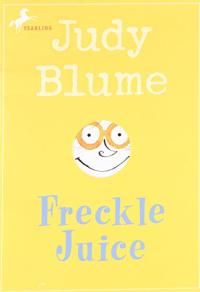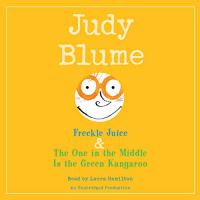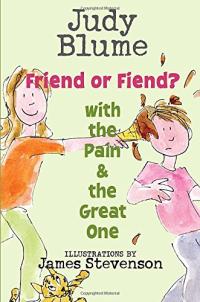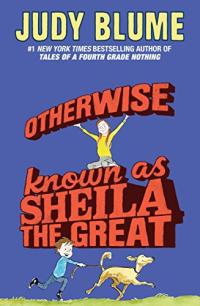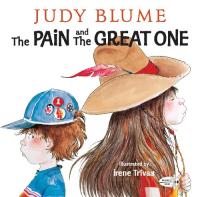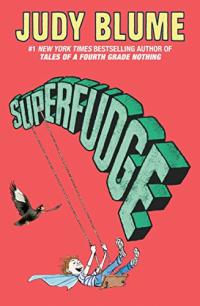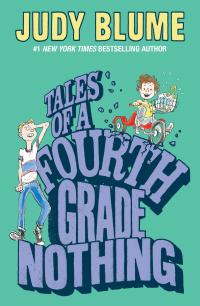
Biography
Judy Blume grew up in Elizabeth, New Jersey, the setting of many of her books. As a child, she dreamed of being all kinds of things — detectives, a spy, an actress, even a cowgirl, but never a writer. Though she loved to read and made up stories for her paper dolls, it never occurred to her that she could be a writer.
She began her writing career when she was 27, after her children started school. In fact, her character Fudge, is based on her son, Larry, when he was a child. Her first book, Tales of a Fourth Grade Nothing was published in 1972. Adults will recognize the titles of many of her award-winning titles — books like Blubber, Are You There God? It’s Me, Margaret, and Superfudge — and new generations of fans appreciate.
While Blume’s picture and storybooks are warm and funny, her frank approach to young adult themes has made her books for teens a frequent target of challenges and censorship. Blume believes strongly that books encourage kids to think for themselves and she is active in the anti-censorship movement.
Blume is a grandmother now, and her grandson Elliot is the inspiration for Double Fudge, the latest in the Fudge series. Blume and her husband live in Key West, Martha’s Vineyard, and New York City.
Find this author’s books on these booklists
Themed Booklist
Holiday Buying Guide 2009
Themed Booklist
Summer Reading Guide 2011
Themed Booklist


